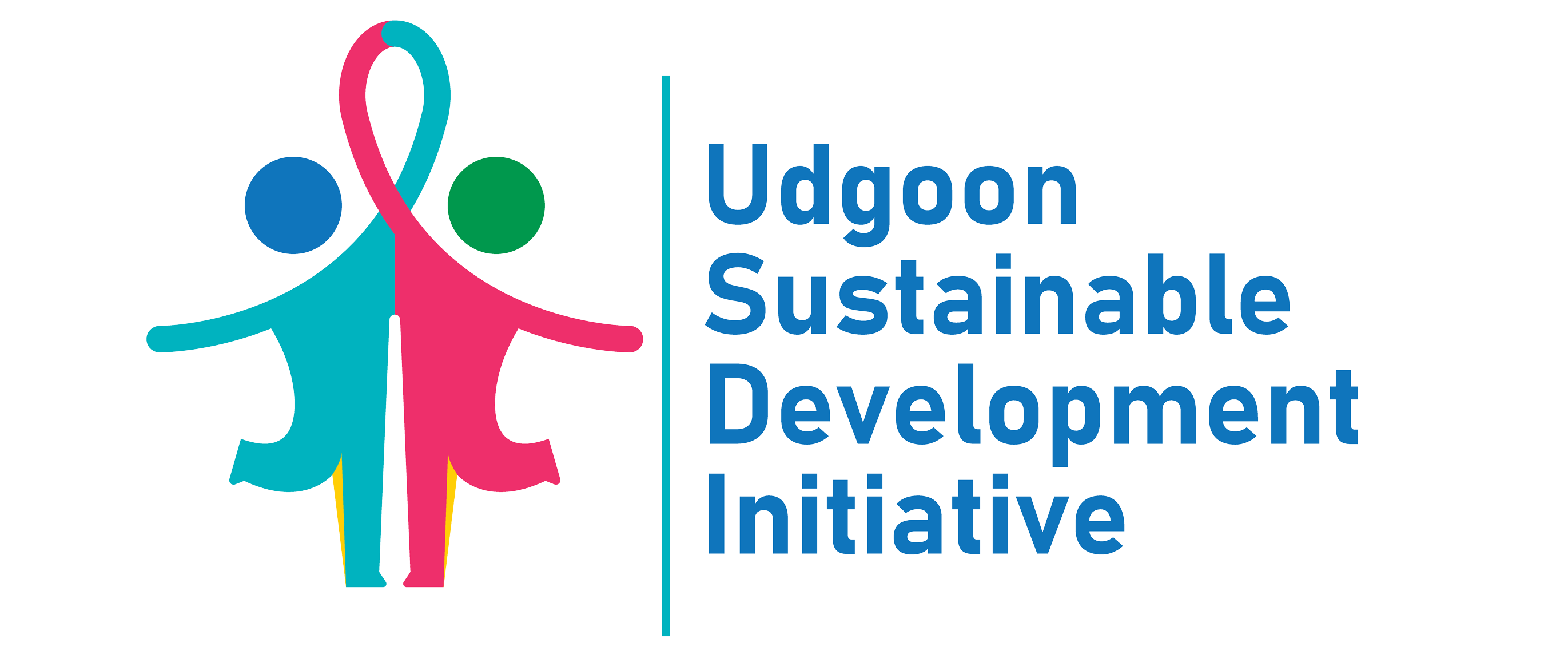GESI-SENSITIVE ASSESSMENT AND RESTRUCTURING OF PEACE COMMITTEES
Before the Project: The Exclusion of Women and Minority Clans
For years, Peace Committees in Liboi, Dhobley, Amuma, and Waraq were primarily composed of male elders from dominant clans such as Aulihan, Ogaden, Marehan, and Harti. While these committees played a central role in resolving conflicts, they lacked representation from women, youth, and members of marginalized clans such as Makabul, Awrmale, Galjael, Garre, and Shidle.
Key Challenges Before the USDI Intervention:
❌ Women were excluded from peace structures, despite being directly affected by conflicts and playing a critical role in promoting social cohesion.
❌ Youth had little to no representation, even though they were often the ones recruited into clan-based conflicts.
❌ Minority clans were left out of decision-making, leading to biased resolutions that often favored dominant groups.
❌ Traditional conflict resolution mechanisms lacked gender and social inclusion, making peace processes less effective and less sustainable.
These gaps weakened the legitimacy of Peace Committees and fueled grievances among excluded groups, making long-term peace difficult to achieve.
What USDI Did: A GESI-Sensitive Peace Committee Reform
Recognizing these challenges, USDI undertook a comprehensive Gender Equality and Social Inclusion (GESI) assessment of existing Peace Committees. This process included:
✅ Conducting Focus Group Discussions (FGDs) and Key Informant Interviews (KIIs) with diverse community members—including women, youth, and minority clan representatives—to understand their perspectives on peace structures.
✅ Engaging traditional elders and local government officials to discuss the need for inclusive peacebuilding.
✅ Mapping out gaps in representation and identifying key areas where women and marginalized groups could be integrated into the Peace Committees.
Restructuring of the Peace Committees
Based on the findings of the assessment, USDI worked closely with elders, local leaders, and county officials to restructure the Peace Committees in Liboi, Dhobley, Amuma, and Waraq to ensure they were more inclusive. This restructuring process involved:
✔️ Appointing women representatives to take active roles in peace negotiations and conflict resolution.
✔️ Including youth leaders to bridge the generational gap in peace processes.
✔️ Ensuring minority clan representation, so that decisions made by Peace Committees were fair and addressed the concerns of all communities.
✔️ Providing capacity-building training to newly restructured committees to enhance their ability to mediate conflicts in a gender-sensitive and socially inclusive manner.
Impact of the Restructuring: A More Representative and Effective Peacebuilding Approach
The restructuring of Peace Committees has transformed local conflict resolution mechanisms by making them more inclusive, legitimate, and sustainable.
🔹 Women now have a voice in peacebuilding: They actively participate in decision-making, early warning systems, and dispute resolution processes.
🔹 Minority clan members are no longer sidelined: Their concerns are now addressed, reducing grievances that previously contributed to tensions.
🔹 Youth are engaged as peace ambassadors: This has helped reduce their vulnerability to recruitment into conflicts and strengthened intergenerational dialogue.
🔹 Peace Committees are more widely respected: The increased diversity has improved community trust in peace resolutions, leading to stronger adherence to agreements.
A Commitment to Long-Term Inclusion in Peace Structures
USDI’s GESI-sensitive Peace Committee restructuring is not just a short-term intervention—it has laid the groundwork for sustained, inclusive peacebuilding. To ensure continued progress, USDI is:
🔸 Providing mentorship and leadership training for women and youth in Peace Committees.
🔸 Facilitating regular review meetings to ensure that the committees remain inclusive and effective.
🔸 Advocating for policy changes at the county and national level to institutionalize GESI-sensitive peace structures.
By embedding Gender Equality and Social Inclusion into Peace Committees, USDI has strengthened the foundations of sustainable peace in Liboi, Dhobley, Amuma, and Waraq—ensuring that peace efforts are truly representative of the entire community.
